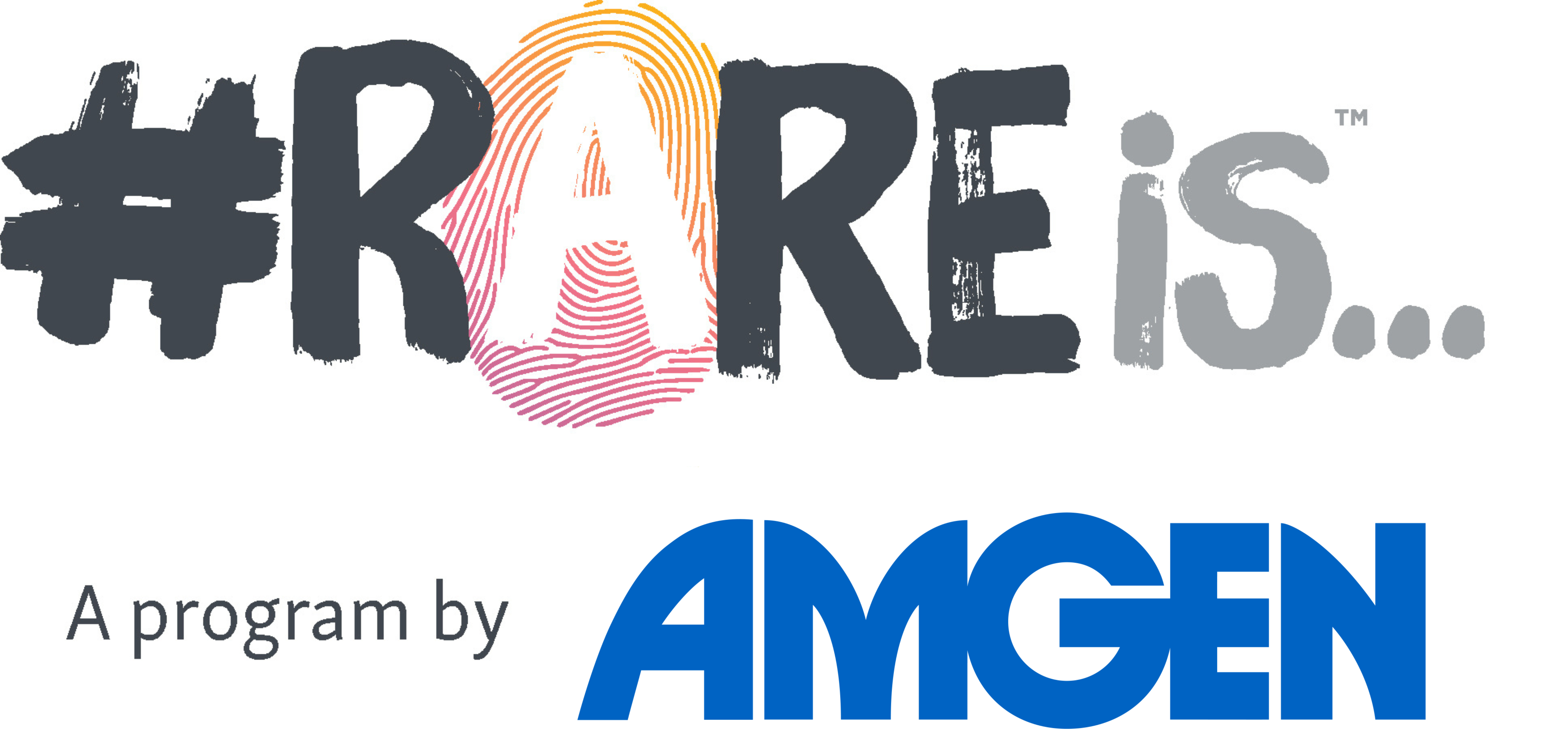Why is financial advocacy important?
In the United States, any serious medical diagnosis can result in severe financial hardship, especially for young adults just beginning their career and becoming financially independent. Consider the recent study published January 15, 2020 in the journal, Cancer Epidemiology, Biomarkers & Prevention. Researchers found that 54 percent of cancer patients ages 18-64 and 42 percent of those ages 65 and older had medical financial hardship as a result of their diagnosis and treatment. Now imagine you have a rare disease that isn’t easily diagnosed. It may take you more than seven years and seven clinicians to get a diagnosis (if one is available) and even then, treatment might not be available for your condition. What would be the financial, mental and emotional cost to you?
This is the reality faced by 30 million Americans, and more than 400 million people worldwide, who have a rare disease. People with rare disease interact with and utilize the healthcare system more frequently than the average person beginning with their diagnostic odyssey but there is no guide for them and very few resources. Even in cancer care, the pattern is well-documented on how and when patients interact with the healthcare system, the cost to the individual and the resources required.
What happens in these years of trying to get an accurate diagnosis? What are the financial implications? How can rare disease families financially prepare for insurance, therapies, medical supplies? Frankly speaking, how does a rare disease patient become financially and health literate? How can they proactively advocate for themselves, and hopefully others, and obtain appropriate care while still affording their daily life?
Unfortunately, there are more questions than answers for the rare disease community and everyone’s situation is different. Preventing and mitigating the impact of financial hardship can greatly improve care satisfaction, clinical outcomes and quality of life. By being proactive, we can prevent financial difficulties such as bankruptcy, inability to access care, or financial distress. All of these things may compromise rare disease communities’ immunity and ability to heal or cope. We know that together we can find and develop solutions.
Financial Advocacy in RARE
Through the Financial Advocacy in RARE (FAIR) initiative and the RARE Patient Impact Grant Program, Global Genes is taking an active role in supporting foundations and patient advocates to identify and address financial advocacy challenges and barriers that are unique to their rare disease community.
Global Genes invites rare disease advocacy organizations to partner and support financial advocacy, financial literacy and future planning in rare disease and share helpful stories. Together we can educate, advocate and increase access to care for rare disease patients at every point in their journey, reducing their time to diagnosis and minimizing the financial, mental and emotional costs along the way.
Learn more about financial advocacy here: https://globalgenes.org/financial-advocacy-impact-grant/
About Global Genes®
Founded in 2008, Global Genes is a 501(c)(3) nonprofit organization that connects, empowers and inspires the rare disease community, with the ultimate goal of eliminating the burdens of rare disease for patients and families everywhere. We provide hope for the more than 350 million people affected by rare disease around the globe. We fulfill our mission by helping patients find and build communities, gain access to information and resources, connect to researchers, clinicians, industry, government and other stakeholders, share data and experiences, and stand up, stand out and become effective advocates on their own behalf. If you or someone you love have a rare disease or are searching for a diagnosis, contact Global Genes at 949-248-RARE or visit the resource hub at Globalgenes.org.

